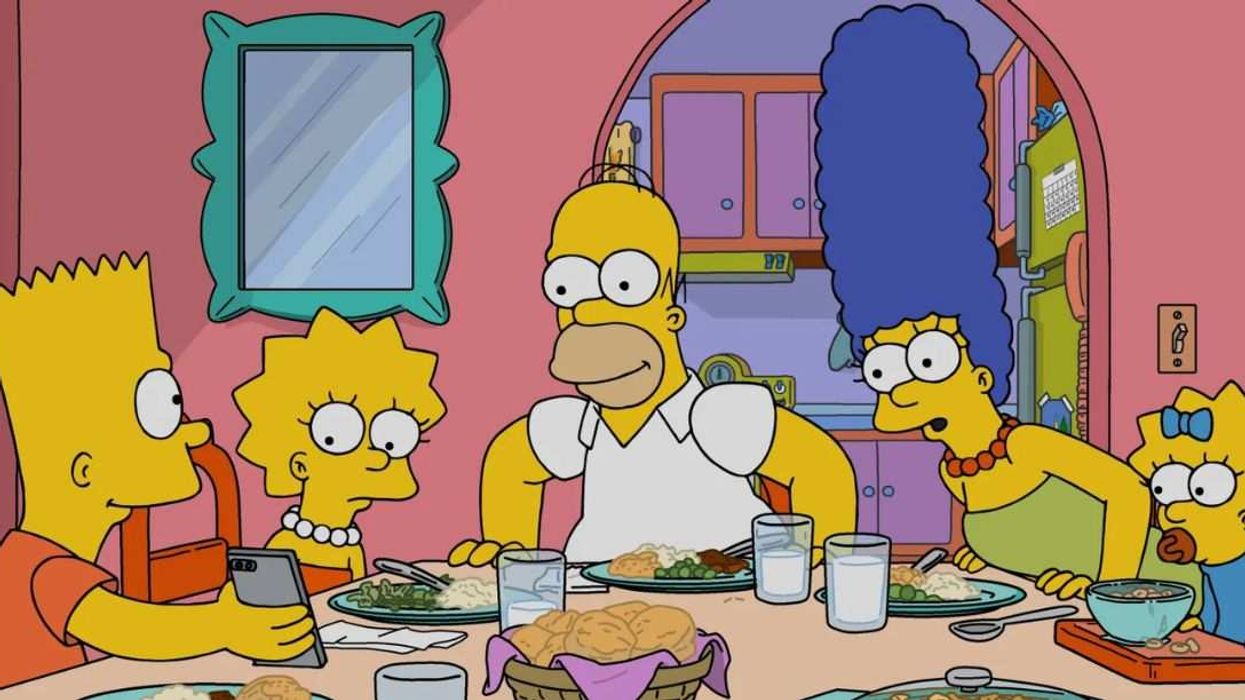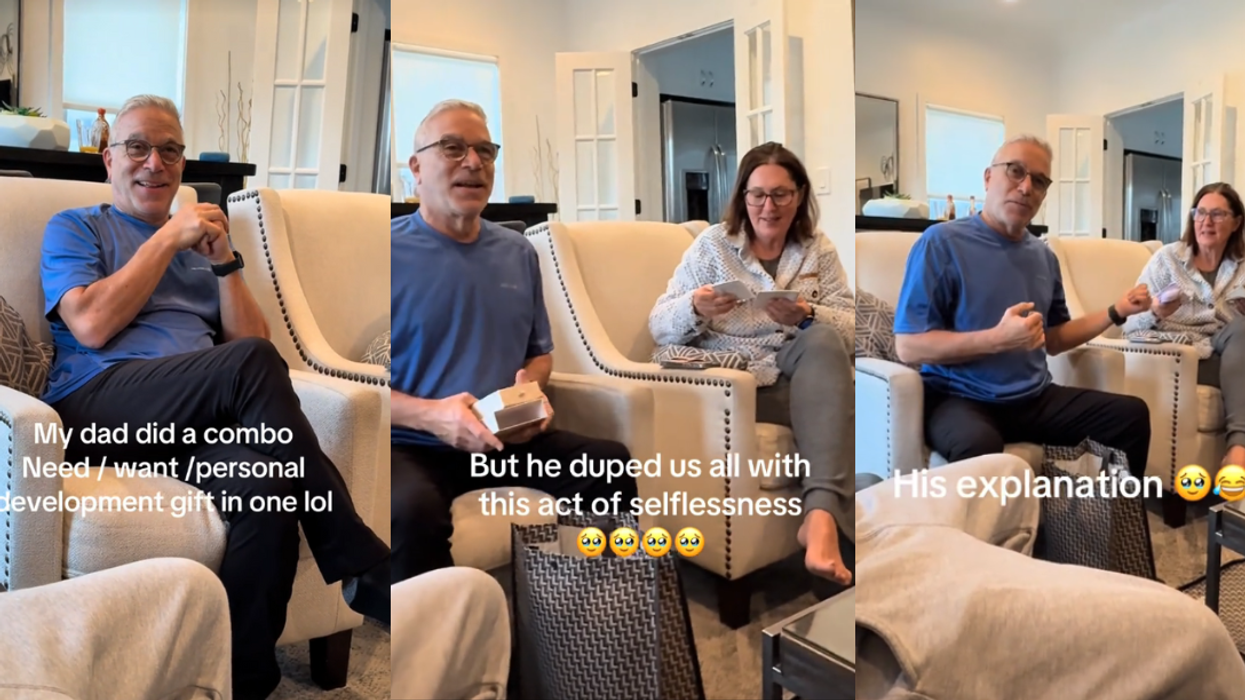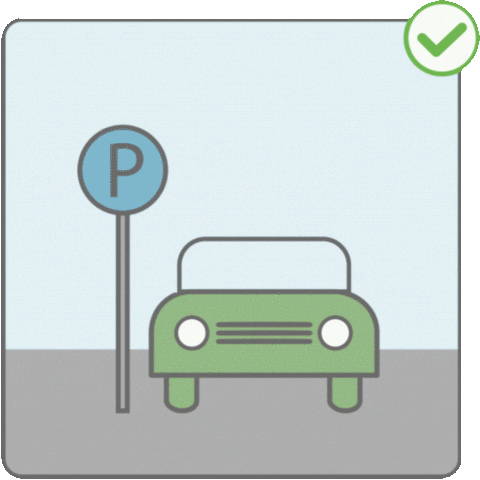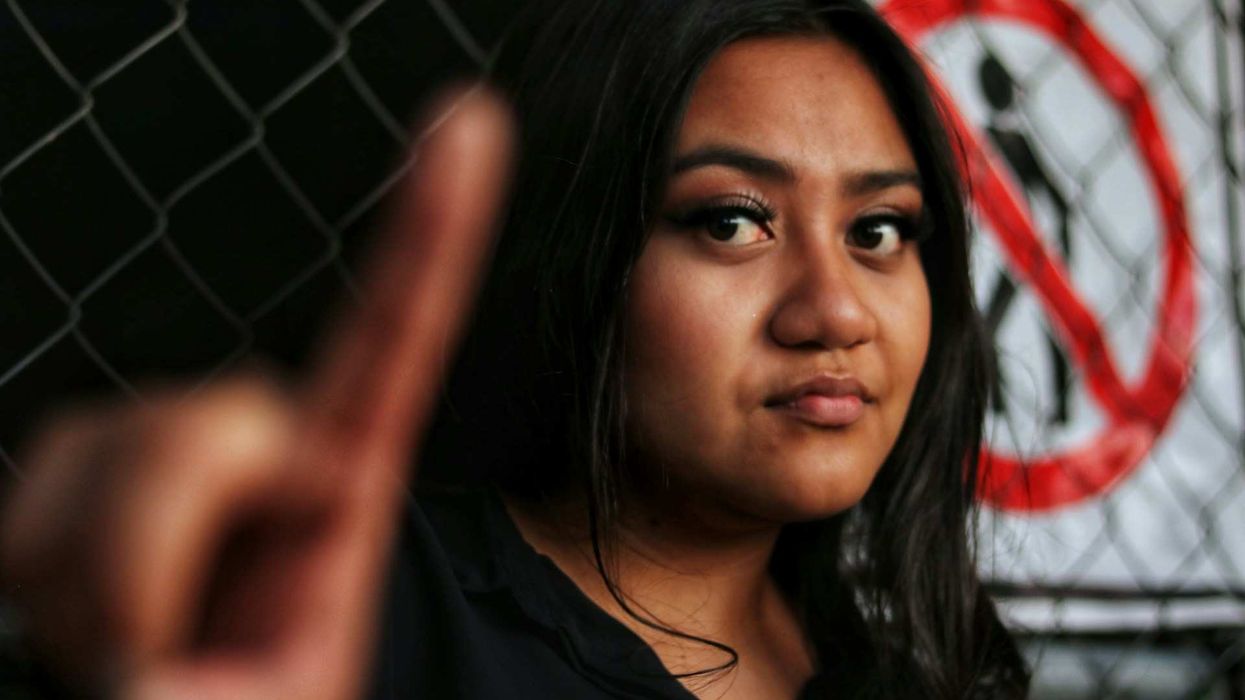Just because a therapist is there to expertly evaluate our emotional challenges throughout many of life's adversities and crises, it doesn't mean they always hold it together.
People tend to forget that therapists–the professional we seek for guidance when we're vulnerable–are also human and are just as prone to feeling the feels.
Curious to hear from therapists who've exposed their emotional vulnerabilities in front of their clients opened up when Redditor Unkw0n_pers0n asked:
"Therapist that have cried in a session, why?"
A patient who feels seen and understood reinforces why therapists endeavor to help people in the first place.
It Wasn't Her Fault
"I was working with a deeply depressed client who had a lot of negative self talk about how she was always a failure. We were exploring the origins of this and how young she was the first time she felt self-blame. She told me her earliest story of when she was in 2nd grade."
"Afterwards, as we were processing it, I expressed that 'it wasn't your fault' about the story. She just broke down sobbing and said 'nobody has ever said that to me before' in between sobs. It hit me and I cried a little."
– Ayzmo
Relatable Experience
"i cried after i worked with a kid who described an emotionally difficult situation with a sibling. the kid’s experience aligned very similarly to something i went through with my own sibling when i was the kid’s age and i hadn’t realized how much hurt i was carrying from the experience."
"being a therapist sometimes means being confronted with things you didn’t realize had such a strong impact on you. luckily, i have a stellar therapist of my own that i can work through these moments with."
– rejecteddroid
The Patient With A Disorder
"I was doing a cognitive assessment for a girl. We were doing tests and at one point she started crying she was unable to tell me why, she was fine just one moment before. I let her collect her thoughts, then she said softly 'I don't want to be more stupid than my friends'. She wasn't actually, she was very bright, but she didn't know that she has dyslexia, dysorthograpy AND dyscalculia. I realized that she went through THIRTEEN years of school without help. Her parents didn't want to do an assessment as they thought she was just lazy. I told her that she was very brave to decide to get help and things would get better after our assessment and I felt tears in my eyes."
"Edit: first of all, I have great empathy for parents, for most of all is just a matter of ignorance, fear and parenting is hard. If you are a parent and you see your kid struggling, PLEASE listen to professionists, we are here to help, not judge, and we will find ways to help you and your kid. Disorders don't go away, don't underestimate it, the sooner you get help, the better the outcome can be. It's ok to be scared but we're here for you and we understand you."
"Second, I'm really sorry to read so many heartbreaking stories about people that weren't believed and struggled being undiagnosed. I wish you all the best, I hope you are in a better situation and you got or you'll get all the help you deserve, because you do deserve it."
"Third, if you think 'something's wrong with me', get help if you are in a position to do so. Worst case you understand yourself better and have a chance do make peace with parts of yourself."
– ---honeybadger----
A patient who has already accepted their heartbreaking fate recalls seeing their therapist getting emotionally involved during a session.
A Mother Who Didn't Want To Let Go
"My therapist cried while 'mediating' a discussion between my mom and I. I have a neurodegenerative disease and she is my full time caregiver. Because of my severe disability, she also has legal guardianship of me, even though I am in my 20’s (this is all fine with me, I need the help, and I agreed in court to all of it. This was the first true 'disagreement' that we ever had.)"
"I am ready to die. I am in pain, unable to do anything for myself, and it’s only getting worse. I asked my mom to sign a DNR, because I have been resuscitated before, it was a mess, and I don’t want it to happen again."
"She refused. She doesn’t want to lose her child and wanted to do everything medically possible to keep me alive."
"The session was essentially me begging her to let me go, while she sobbed and said she could never sign a paper that would lead to my death. It was a terrible situation. No one was 'the bad guy', no one was trying to hurt the other. It was someone wanting their suffering to end, verses a mother not wanting to lose her child."
"My therapist agreed that I should be allowed to make this choice, but certainly didn’t think my mom was manipulative or evil, just already grieving and trying to hold on to me as long as possible. I saw her wipe her eyes several times, and they were red by the time we were done. She actually hugged us both at the end."
"The situation wasn’t resolved during the session, but my mom came around shortly after. She wouldn’t sign the DNR, but gave me legal permission to do so (so, in her mind, it wasn’t her making the final decision.)"
"BTW, my mom and I have a GREAT relationship! This was just one issue that we couldn’t come to an agreement on ourselves. But it worked out, and I’m now in palliative care and have a great team looking after me, INCLUDING my mom!"
– fightwithgrace
The following examples continue to demonstrate how therapists are more emotionally invested in their patients and clients than you think.
Responding To Tragic News
"I cried in a substance treatment group. A client’s mom had reached out via email to me to say that her daughter died from an OD. She called during my group so I chose to take the call and spoke with her briefly. I thought I could continue with the group. Ended up in tears instead."
– ChicagoOwls
She Patient Who Felt Unloved
"My patient cried and said 'there's nobody on this planet who loves me anymore.' I cried when I left because I knew she was right. For context: she was 95, her husband and son had died, she had a personality disorder that made her behaviour unbearable for her environment after her husband died and every person still in her life were paid for to be around her. She died a few months after this conversation."
It is unsurprising that therapists are compassionate people.
Otherwise, they wouldn't be in the room to help someone who is struggling internally.
Want to "know" more?
Sign up for the Knowable newsletter here.
Never miss another big, odd, funny or heartbreaking moment again.














 Calling Pick Up GIF by Sweet Charee Gallery
Calling Pick Up GIF by Sweet Charee Gallery  Car Pictogram GIF by Zugspitz Region
Car Pictogram GIF by Zugspitz Region  Star Trek Bill GIF by Goldmaster
Star Trek Bill GIF by Goldmaster 
 Sony Ps5 GIF
Sony Ps5 GIF 

 Shipping Ups GIF by TeamLethal
Shipping Ups GIF by TeamLethal  Stand-Up Lol GIF by Muppet Wiki
Stand-Up Lol GIF by Muppet Wiki  Pointing At You Fx Networks GIF by The Bear
Pointing At You Fx Networks GIF by The Bear  Plane Airplane GIF
Plane Airplane GIF 